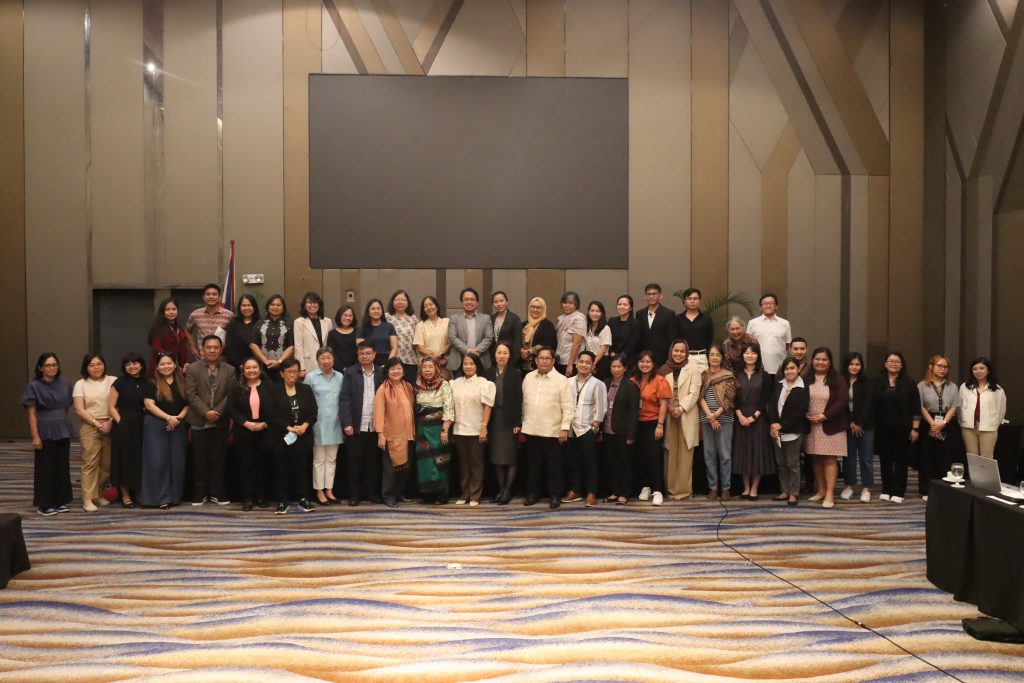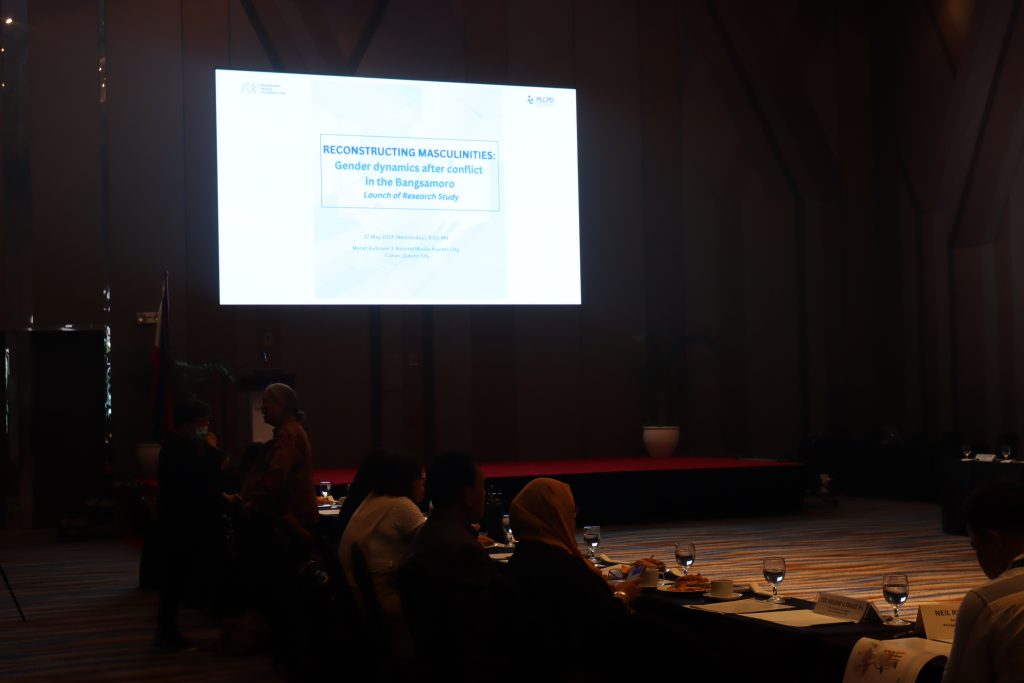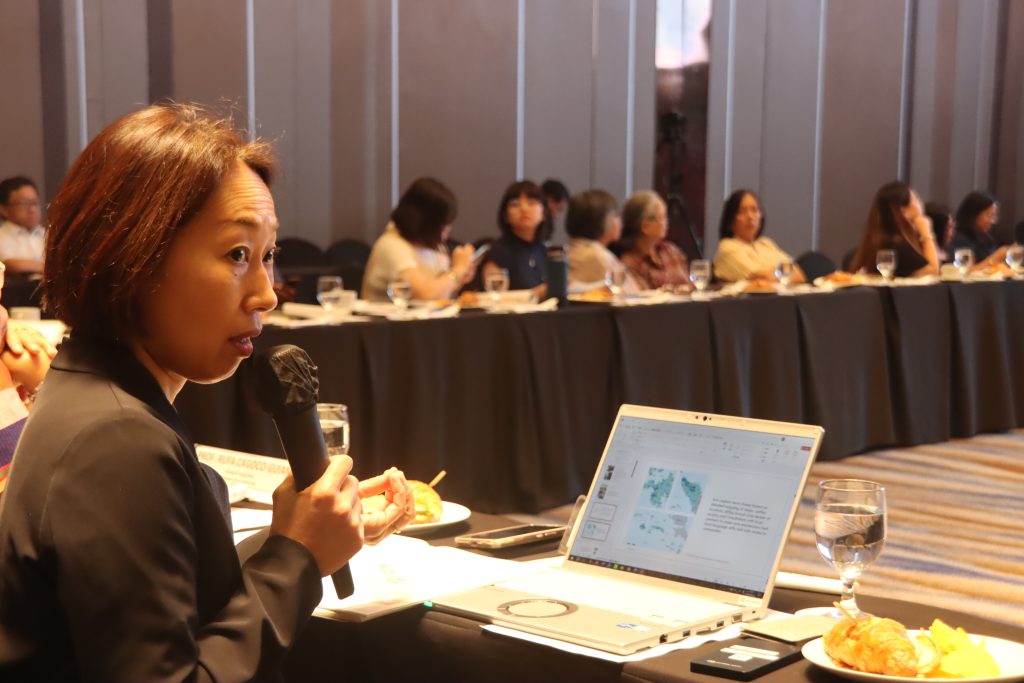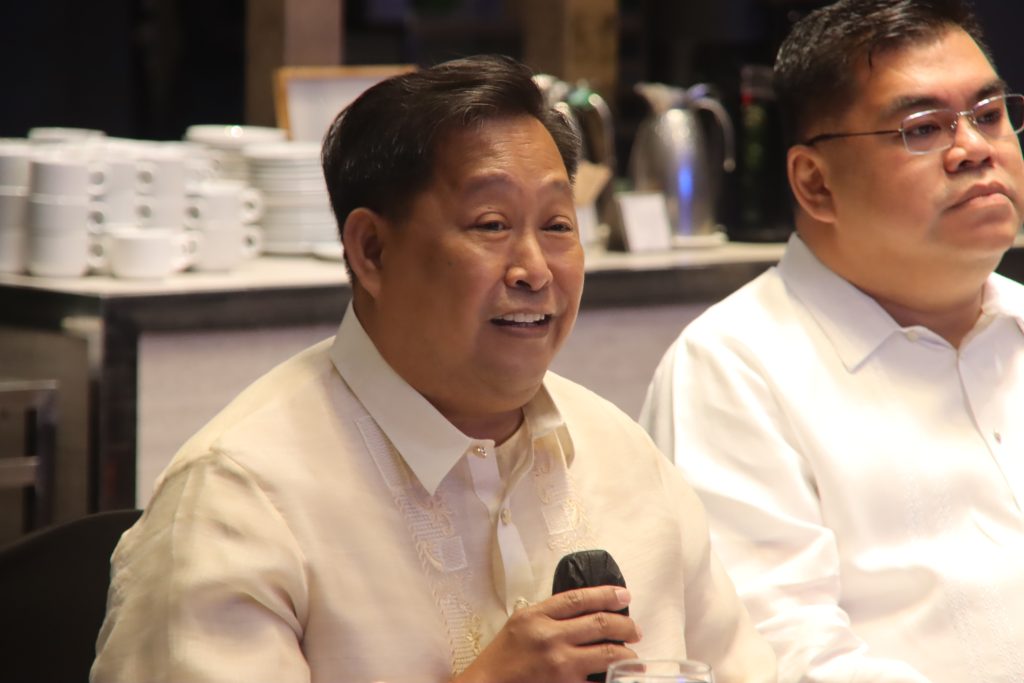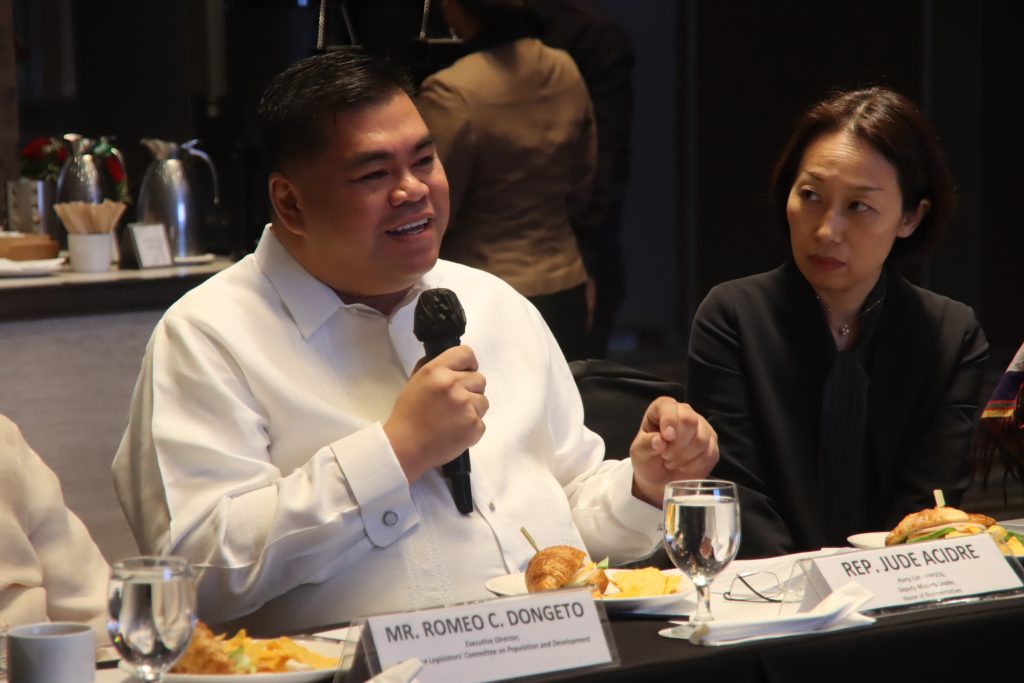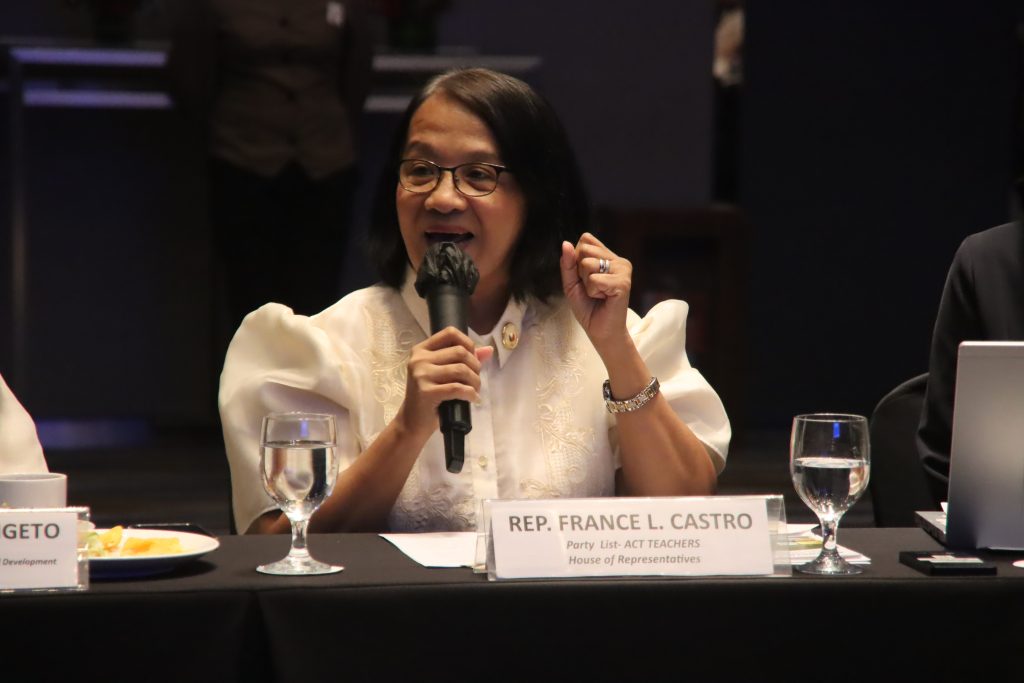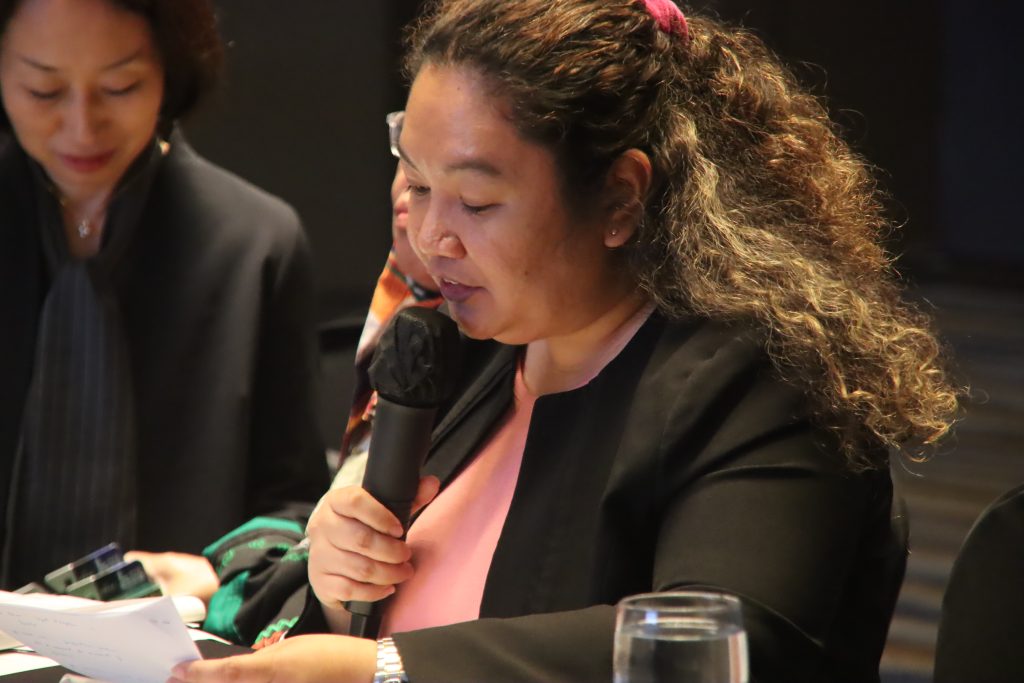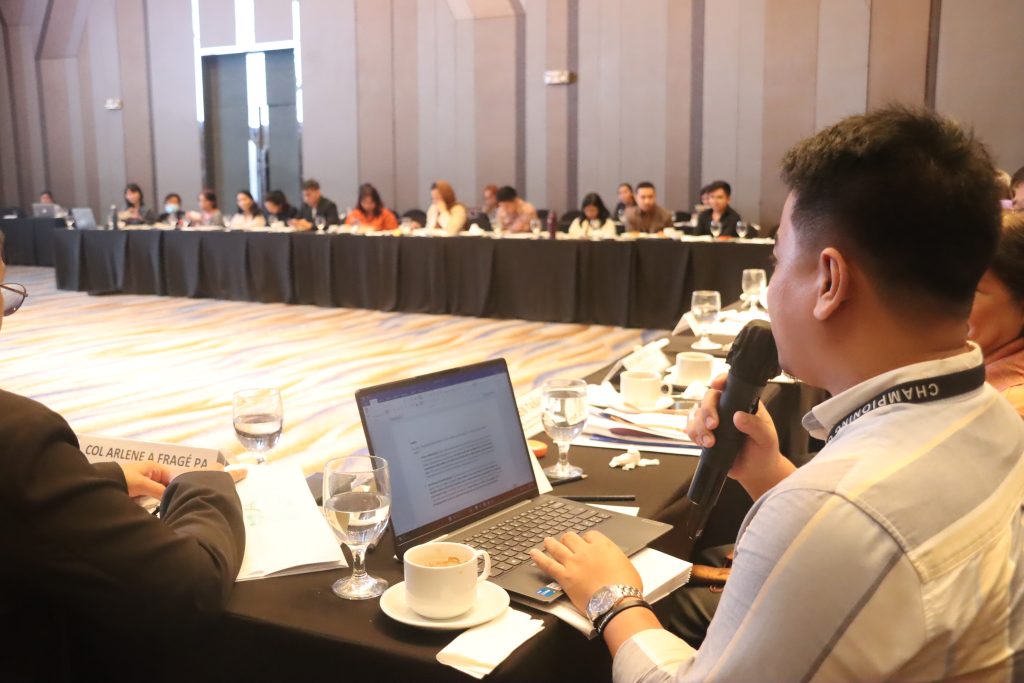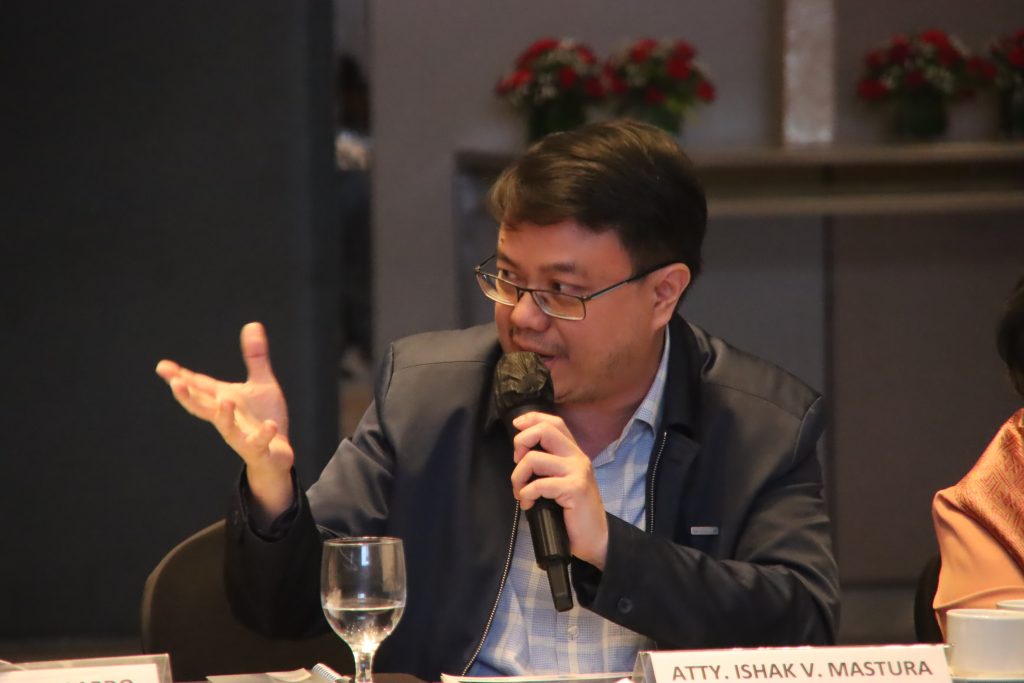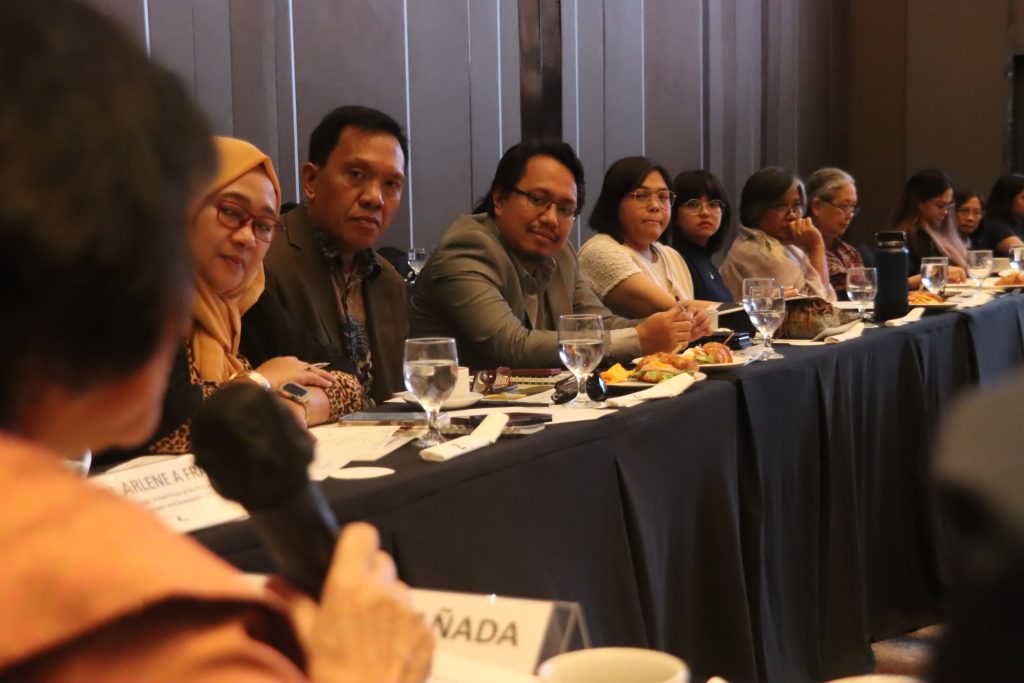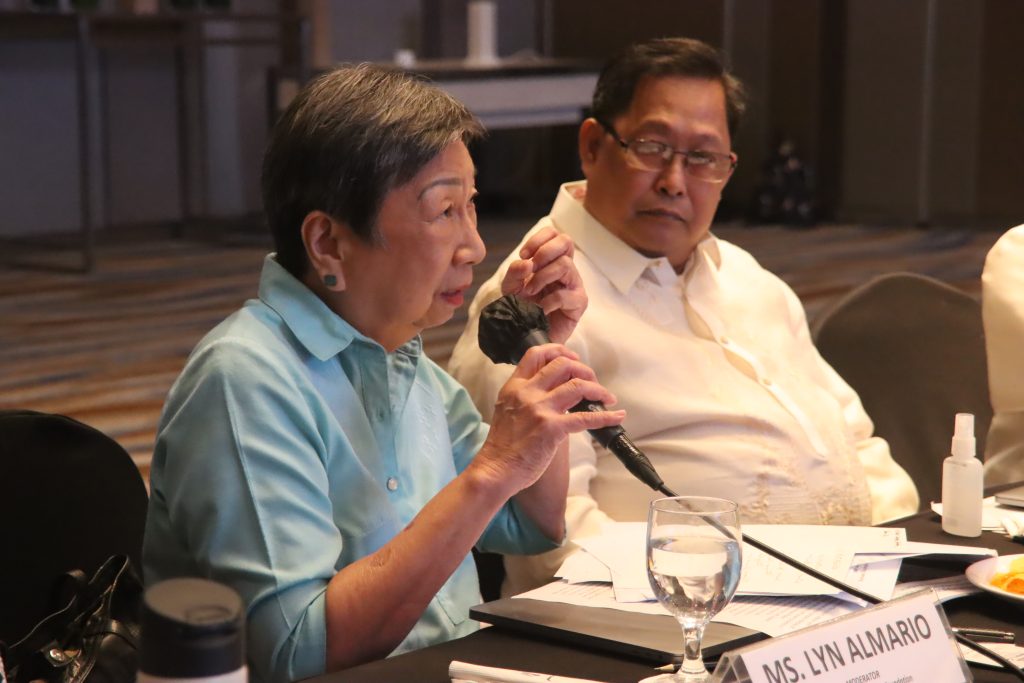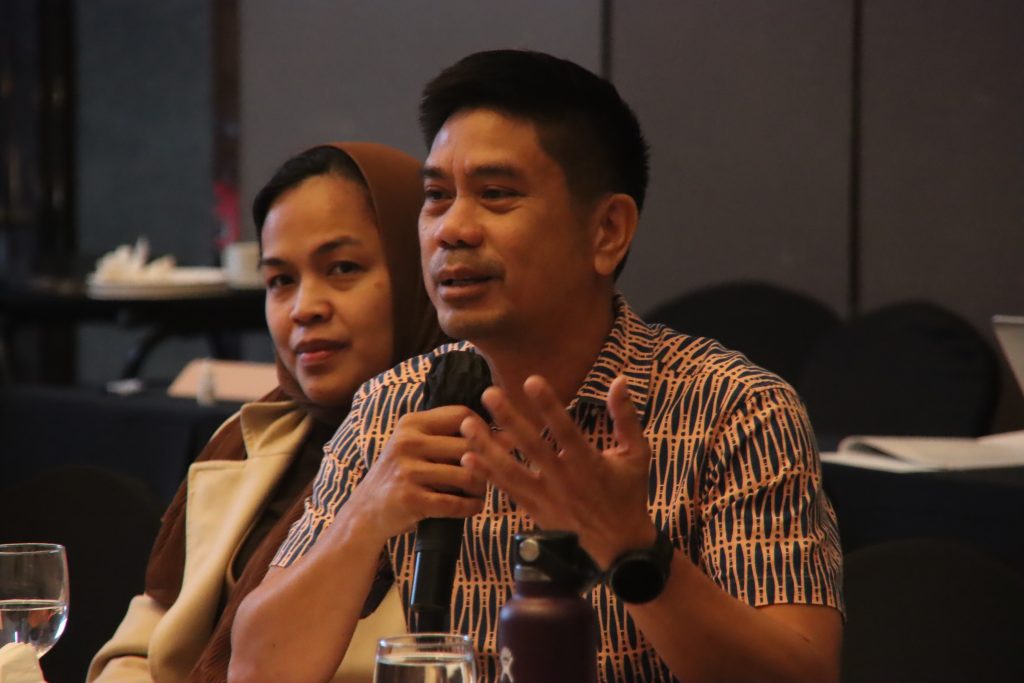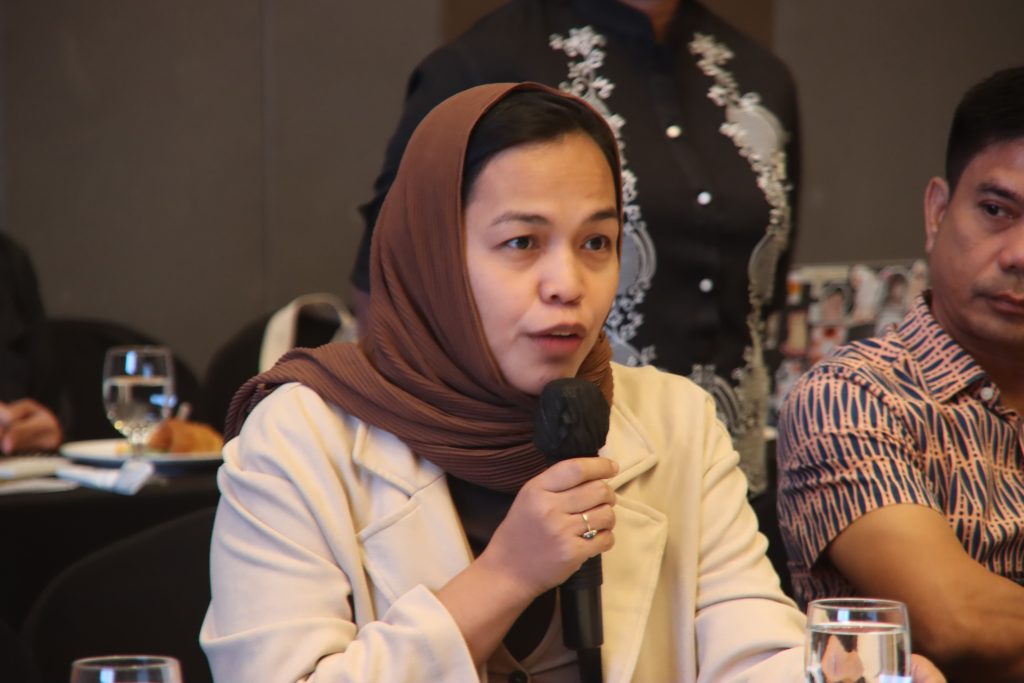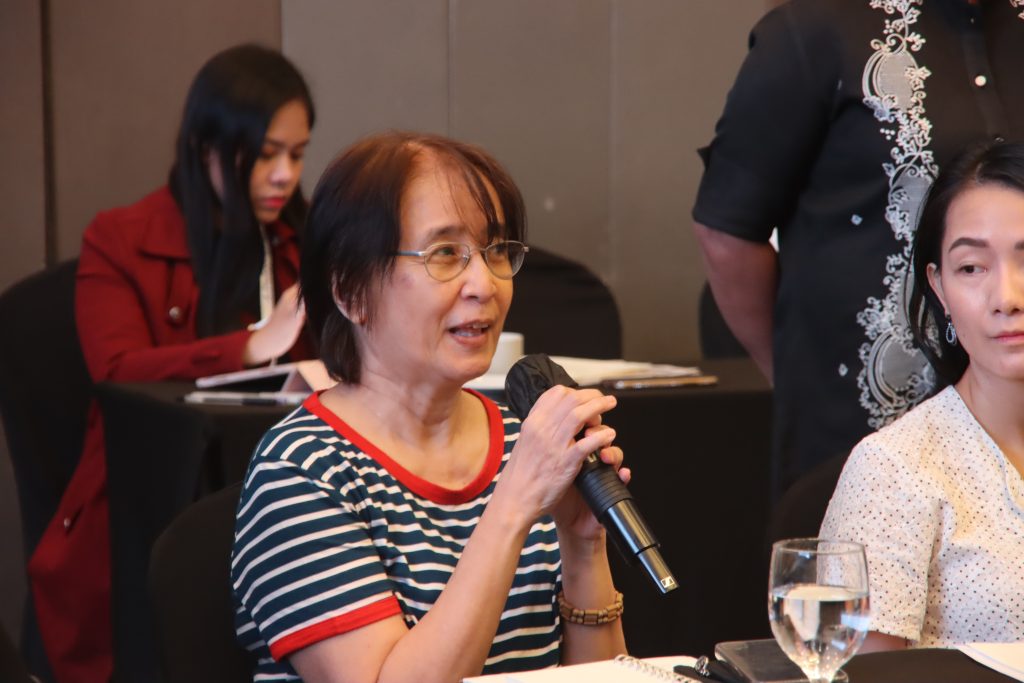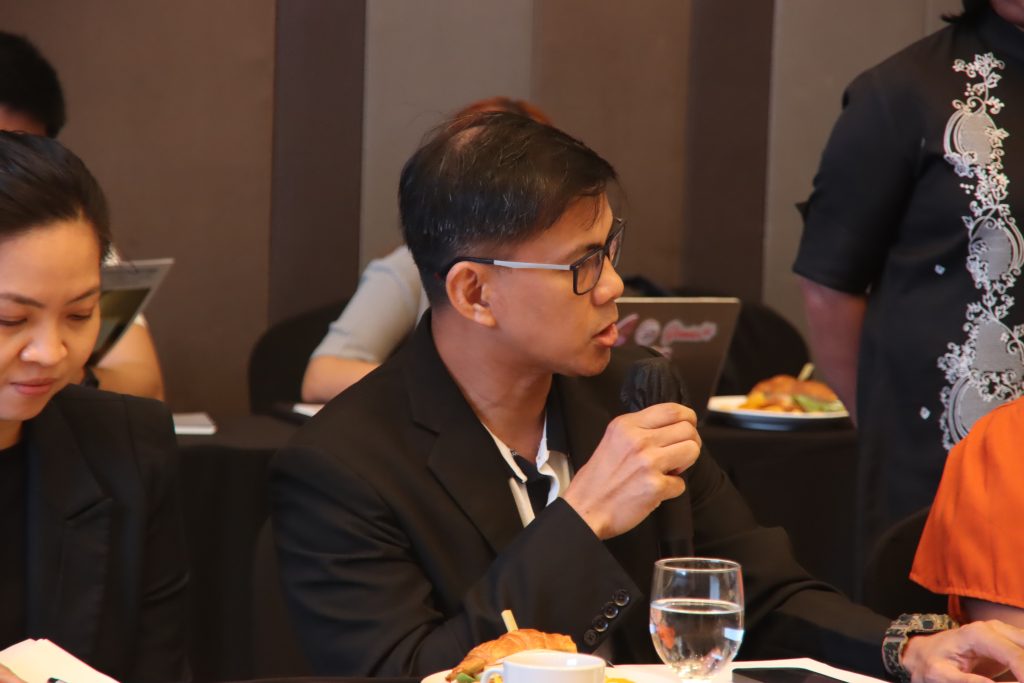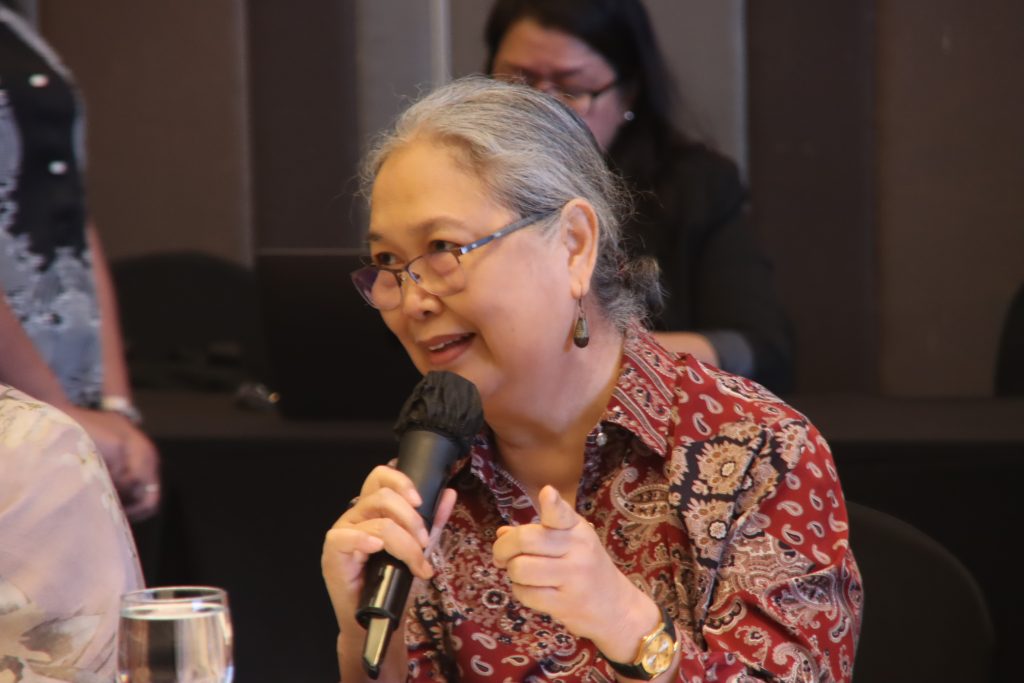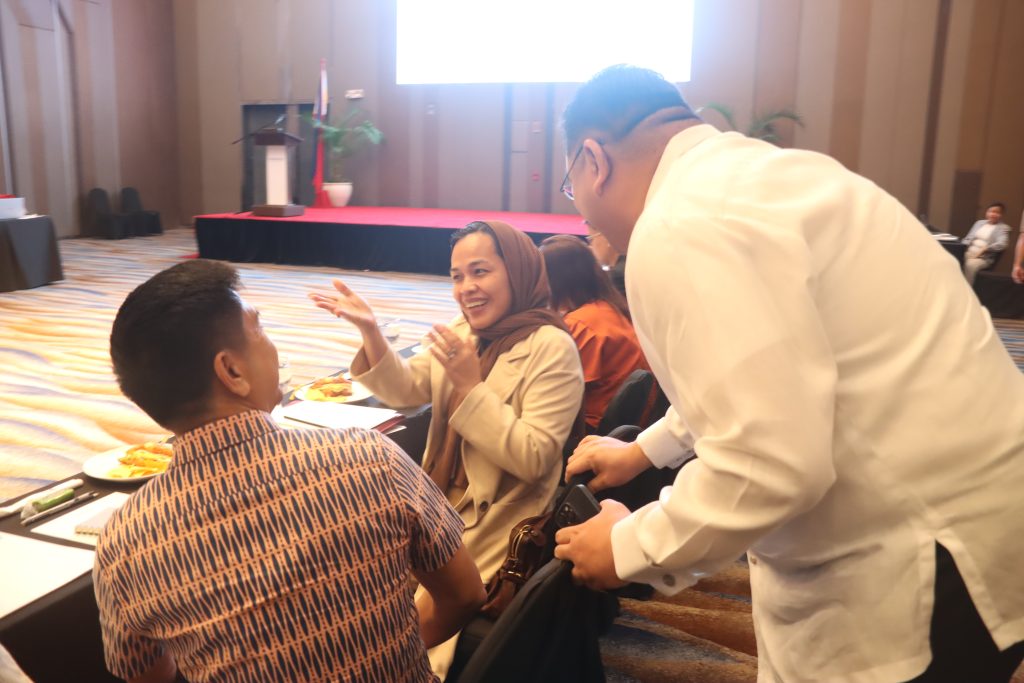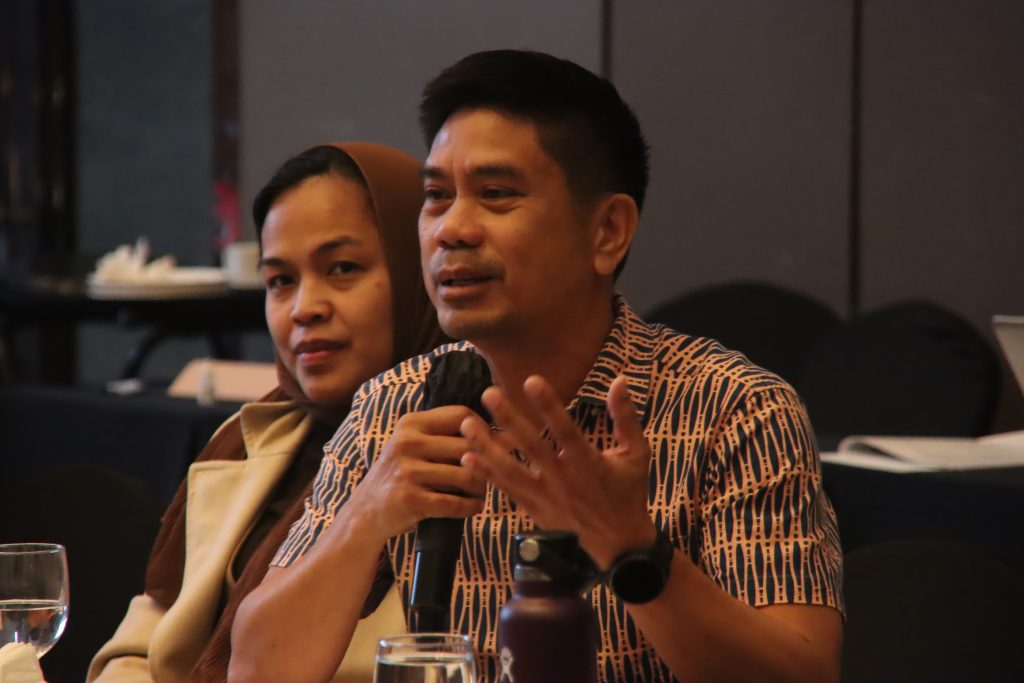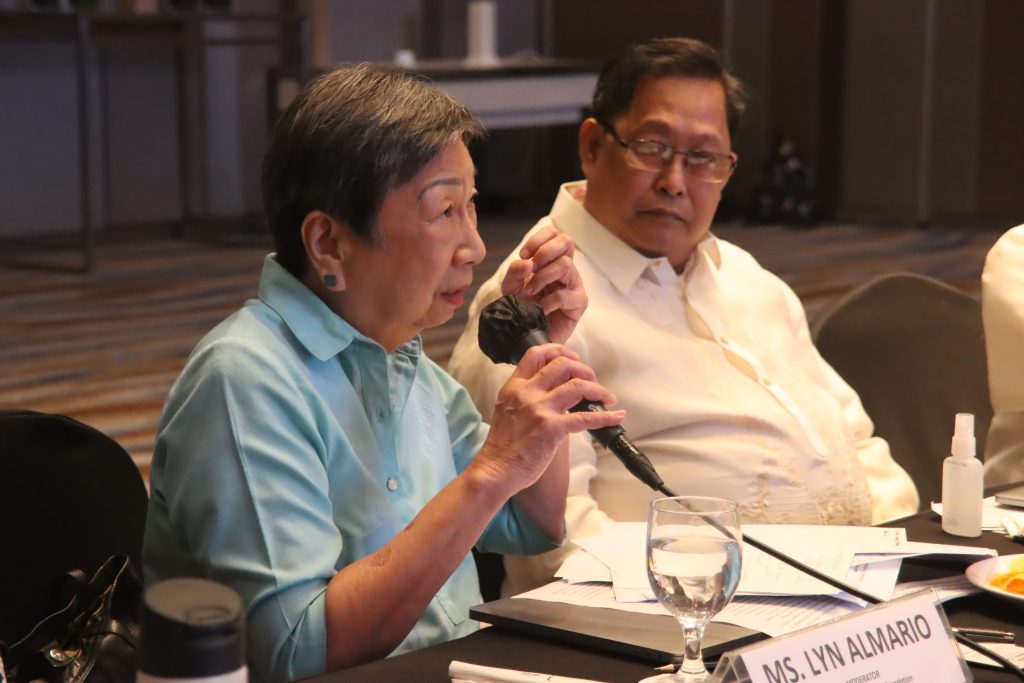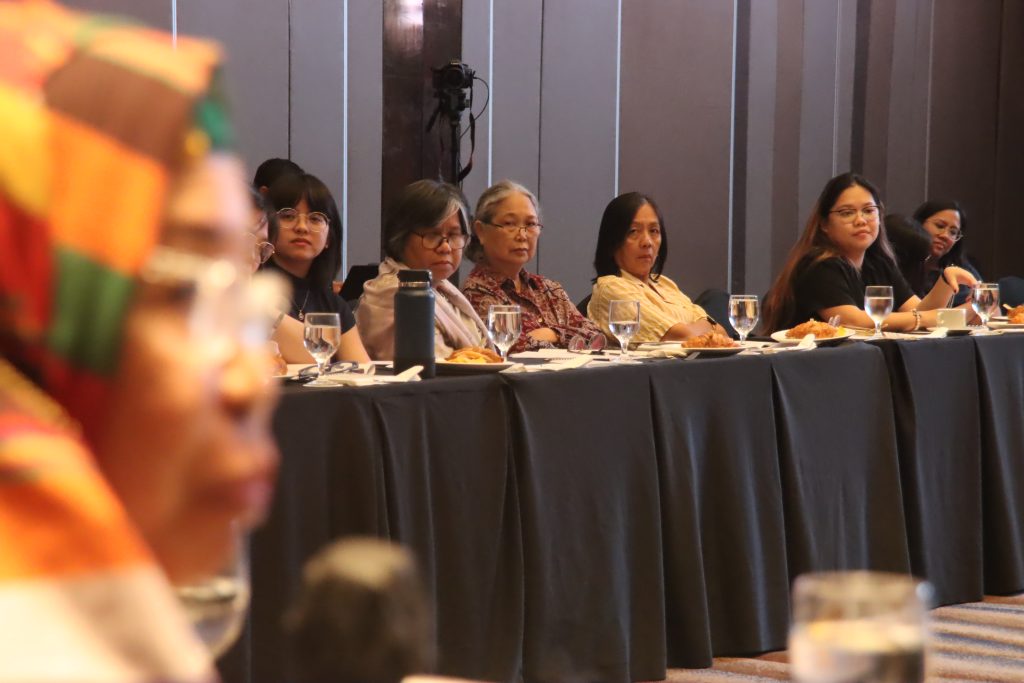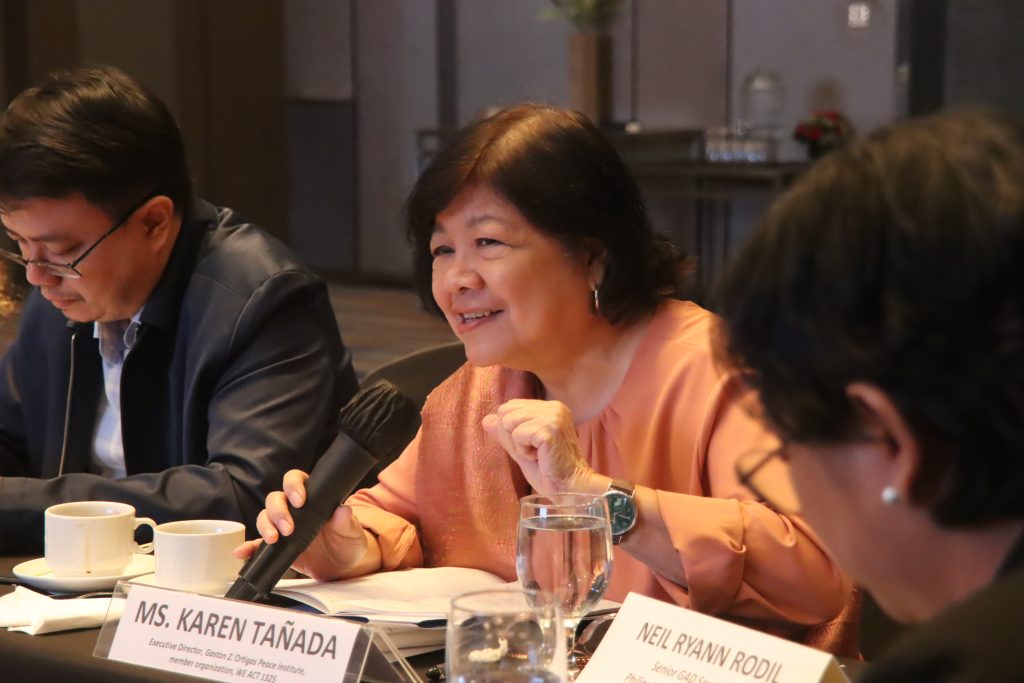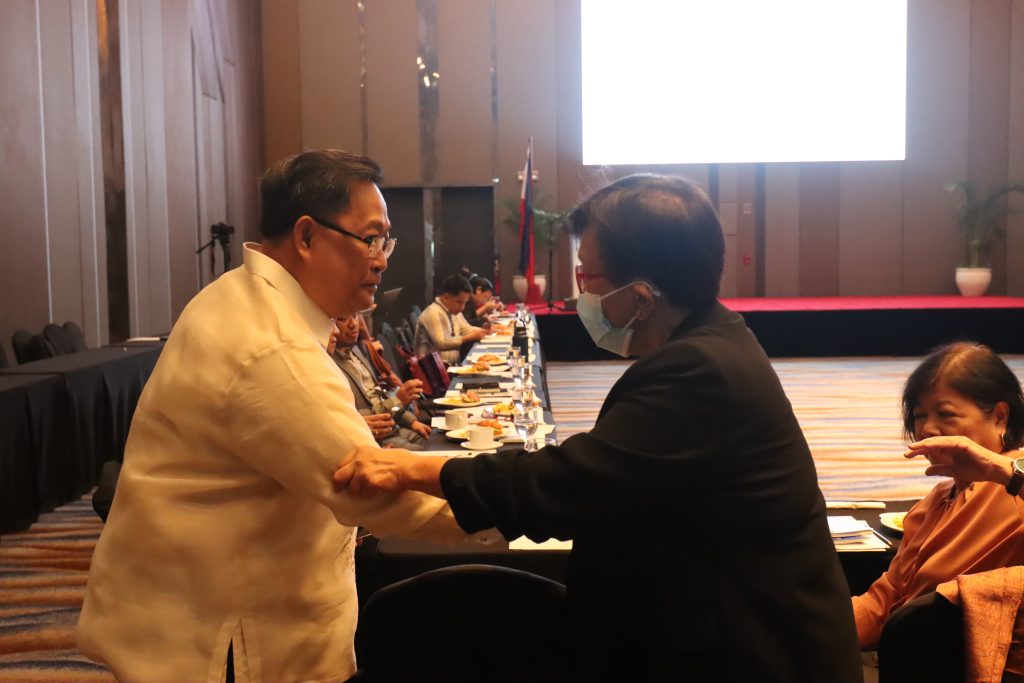Stakeholders reaffirm commitment to advancing lasting peace and development in the Bangsamoro during study launch
May 22, Quezon City— The Philippine Legislators’ Committee on Population and Development (PLCPD) and Sasakawa Peace Foundation on Wednesday gathered various peace stakeholders for the Philippine launch of the study “Reconstructing masculinities: Gender dynamics after conflict in Aceh, Maluku and Bangsamoro Mindanao.”
The study, conducted by Sasakawa Peace Foundation and its partners, delves into the interplay of notions of masculinities, gender norms, and power dynamics in the post-conflict context, shedding light on the ways in which dominant ideas of masculinities perpetuate unequal gender relations within families and communities and limit women’s opportunities and freedoms.
Convening national legislators; members of the Bangsamoro Transition Authority; representatives from national government agencies and the security sector; local chief executives; legislative personnel; academe; development partners; and civil society organizations, the multi-sectoral launch facilitated key stakeholders’ reaffirmed commitment to advancing lasting peace and development in the Bangsamoro Mindanao region through gender-responsive approaches guided by research.
Evidence-informed multisectoral approach to peacebuilding
PLCPD Executive Director Romeo Dongeto emphasized the pivotal role research plays in informing and shaping effective peacebuilding strategies.
“It is through evidence-based approaches that we can address the complex challenges faced by conflict-affected or post-conflict regions like some areas in the Bangsamoro Autonomous Region in Muslim Mindanao (BARMM),” Mr. Dongeto remarked.
“The research we are launching today is not just an academic exercise; it is a crucial tool in our efforts to build a more peaceful and equitable society,” he added.
Echoing this sentiment, Deputy Majority Leader and TINGOG Party List Representative Jude Acidre stressed the importance of a concerted effort from all sectors of society since “the challenges we face are multi-faceted and deeply entrenched.”
Findings show need for long-term, intergenerational investments
Ms. Maho Nakayama, one of the four co-authors of the study, presented the findings. She highlighted the evolving nature of masculinities in post-conflict societies, where traditional notions of physical strength are increasingly replaced by roles as decision-makers, breadwinners, and family protectors.
However, despite some shifts in gender norms, persistent inequalities hinder the widespread transformation of these norms.
Ms. Nakayama pointed out the significant yet often overlooked roles of family, religious, and customary institutions in shaping masculinity and addressing gender inequalities. Additionally, she emphasized the impact of conflict-related trauma on both men and women, which influences their support for violence and underscores the need for trauma healing and mental health support—services that remain limited.
Moreover, traditional family structures and the necessity for men to maintain economic and decision-making control further restrict women’s opportunities. Despite women’s vital contributions to peacebuilding, these efforts have not led to widespread influence or changes in perceptions about their leadership. However, some areas are witnessing changes in gender roles.
Reacting to this during the open forum, Atty. Aelan Arumpac, representative of the Office of the Member of the Parliament Don Mustapha Loong, affirmed the persistence of male gatekeeping that limits women’s economic and political opportunities.
“For various reasons, including helplessness, lack of education, lack of choice on the matter, many women blindly resign or are forced to accept the patriarchal system,” said Atty. Arumpac.
She also cited a provision in Presidential Decree No. 1083, s. 1977 or the Muslim Code of the Philippines which allows a wife to practice any profession or engage in business as long as her husband grants his consent.
Furthermore, Ms. Nakayama explained that post-conflict reconstruction and governance have primarily focused on elite, masculine, and military priorities, often neglecting gender-responsive social welfare and economic development.
Recognizing the higher incidences of gender-based violence in conflict areas and its persistence post-conflict, Deputy Minority Leader and PLCPD Trustee, ACT Teachers Party List Representative France Castro, called for immediate action to ensure women’s active and meaningful inclusion in peacebuilding and reconciliation efforts.
These findings underscore the need for long-term intergenerational investments to address persistent issues and promote a more equitable transformation of gender norms in post-conflict societies.
The study examines the experiences of individuals and communities in Aceh, Maluku, and the BARMM. While encompassing insights from all three regions, the Philippine launch focused on the findings and implications specific to BARMM. The Mindanao State University (MSU)-General Santos City, led by Prof. Rufa Cagoco-Guiam, served as the research partner in the Philippines.
—
The adoption of United Nations Security Council Resolution 1325 on Women, Peace, and Security (WPS) in 2000, followed by the Philippines’ creation of the National Action Plan on Women, Peace, and Security (NAPWPS) a decade later, represents a significant milestone in acknowledging the impact of conflict on women and the importance of their participation in conflict resolution and peacebuilding. Despite efforts to advance gender equality in post-conflict settings, deeply rooted harmful gender norms and persistent inequalities continue to obstruct progress toward sustainable peace and development.
To learn more, you may access the research through this link.

